
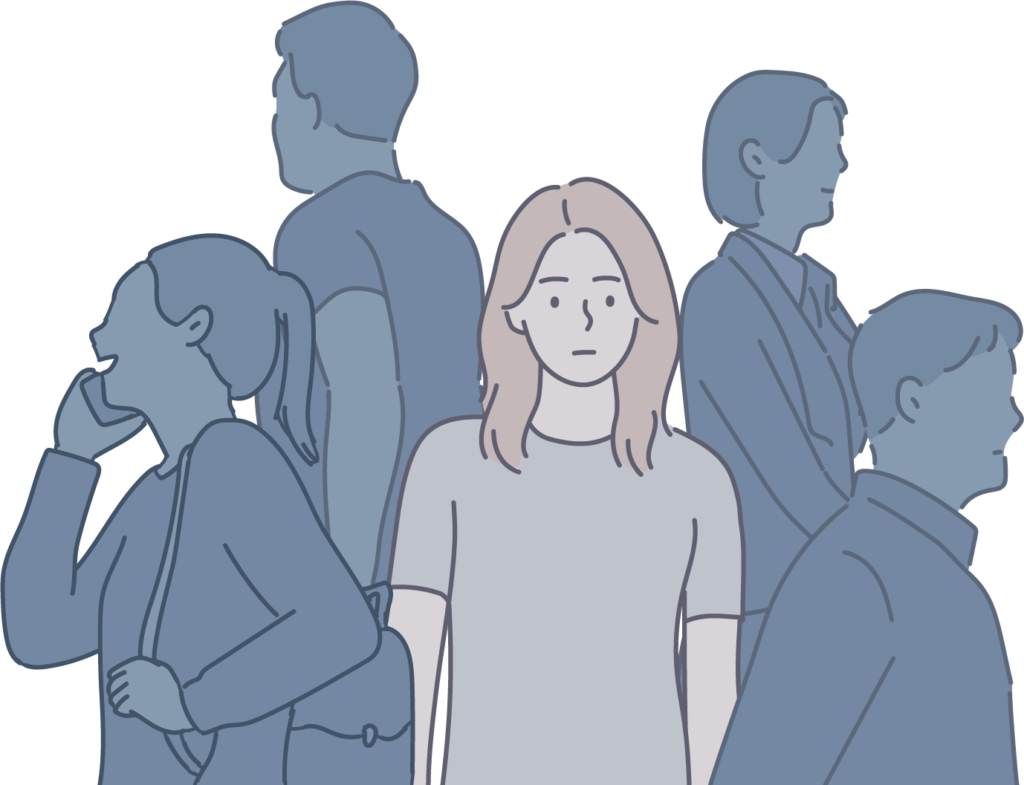
Depression is a common illness worldwide!
What is Depression?
Depression has traditionally been identified as a mood or emotional condition that manifests itself in stages, according to research. This implies that regular emotional states alternate with depressive periods.
Many other titles have been used to characterize various varieties of depression: neurotic, reactive, or mild depression is one of the most commonly used clinical names, and because of their psychological basis, they are frequently thought to be treated by psychotherapy.
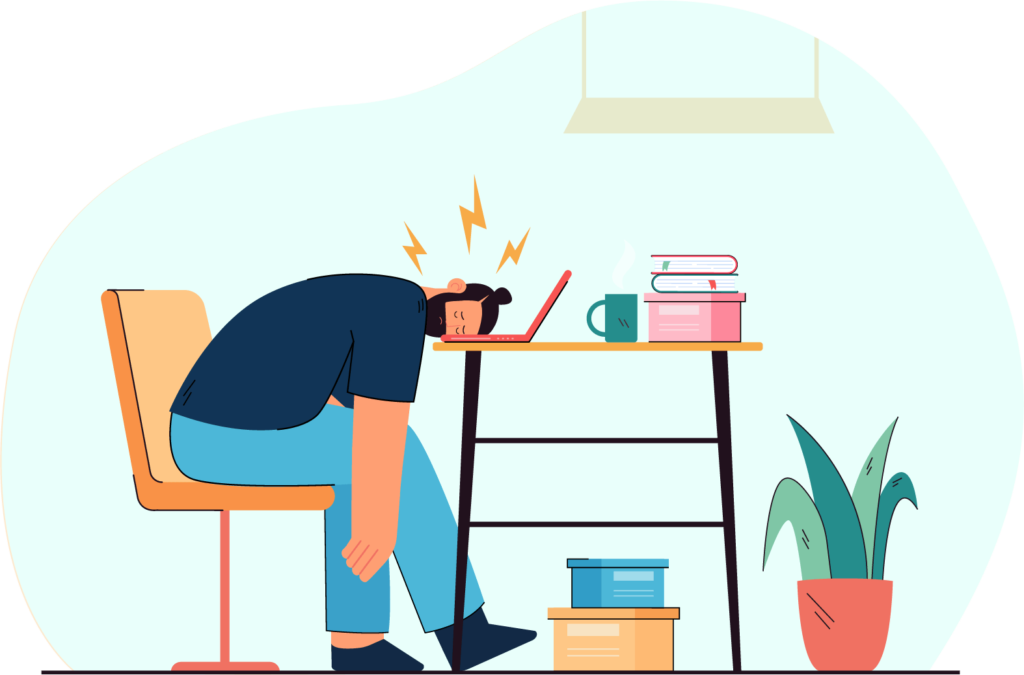
Depression is a mood disorder that causes a persistent feeling of sadness and loss of interest.

Major Depressive Disorder
Includes symptoms of depression most of the time for at least 2 weeks that typically interfere with one’s ability to work, sleep, study, and eat.

Persistent Depressive Disorder
Includes less severe symptoms of depression that last much longer, typically for at least 2 years. (dysthymia)
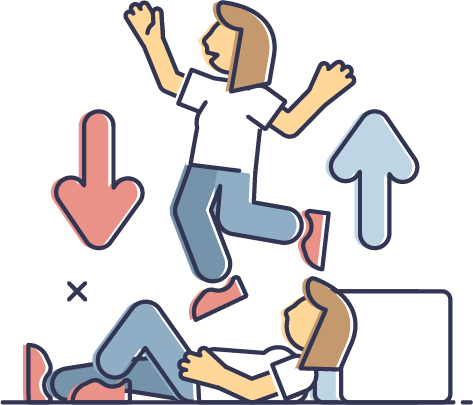
Bipolar Disorder
Which is a severe form of depression where a person experiences psychosis symptoms, such as delusions (disturbing, false fixed beliefs) or hallucinations (hearing or seeing things that others do not see or hear).

Post Natal Depression
Occurs when a woman experiences major depression during pregnancy or after delivery (postpartum depression).
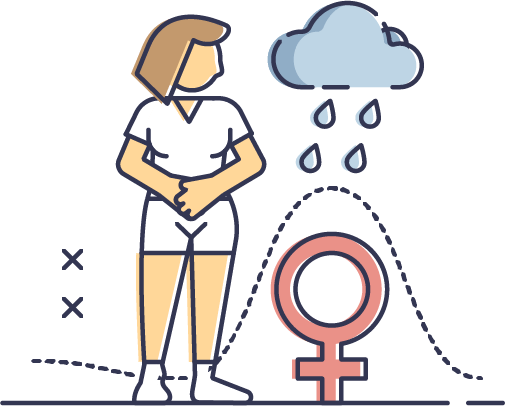
Premenstrual Dysphoric Disorder
A condition in which a woman has severe depression symptoms, irritability, and tension before menstruation. The symptoms of PMDD are more severe than those seen with PMS.
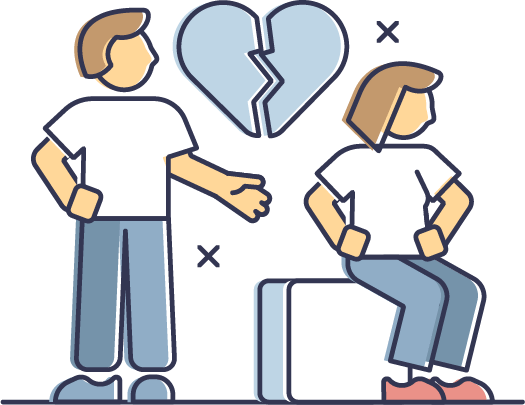
Seasonal Affective Disorder
Which comes and goes with the seasons, typically starting in late fall and early winter and going away during spring and summer.
Comparison of PARI-FLO with monotherapy of imipramine
PARI-FLO® with methylfolate and other active ingredients have; antidepressant-like effect.
Based on the FST* test results, it was concluded that PARI-FLO® has antidepressant-like activity.
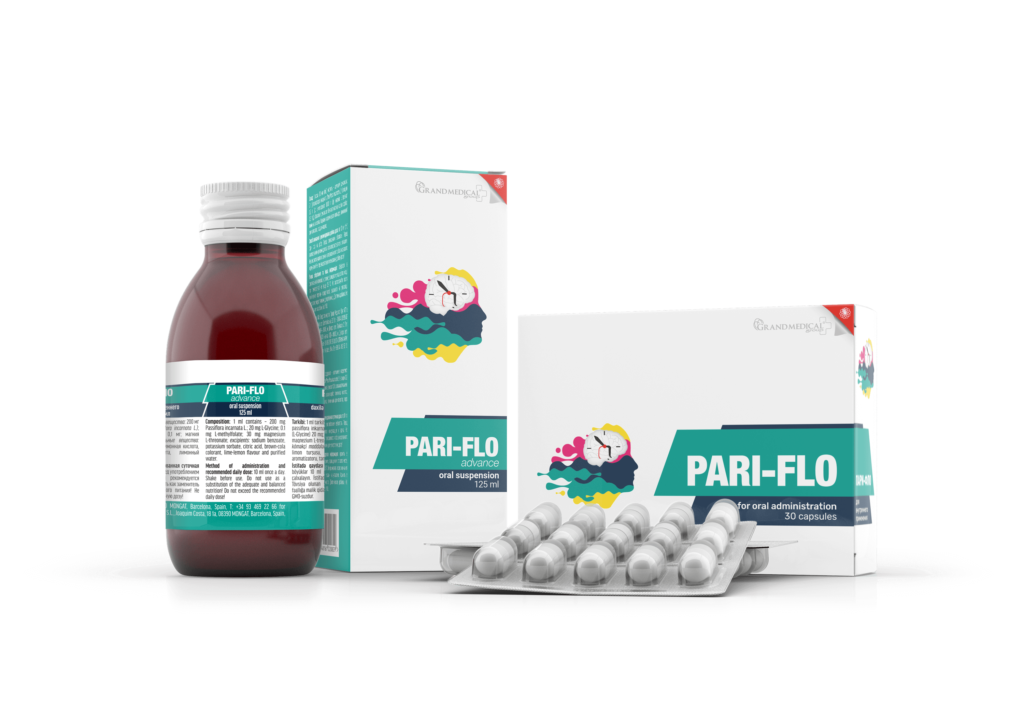

Safe
Each component has been clinically proven.
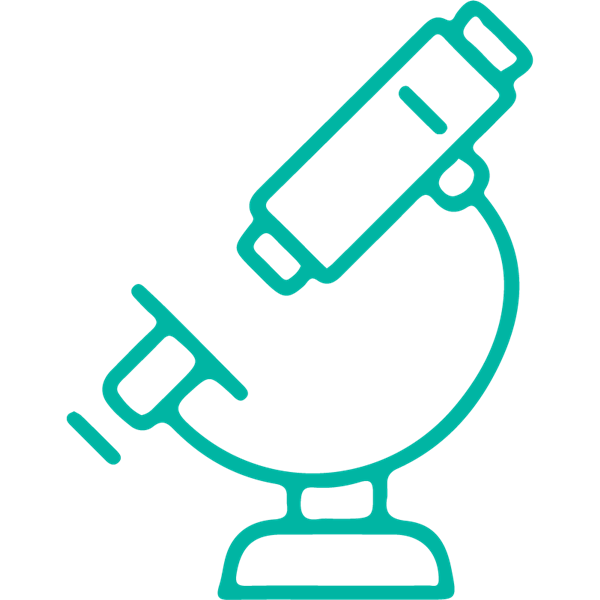
Clinically proven
Its active ingredients are approved by the EMA.

High-quality
GMP certified content prepared according to European standards.
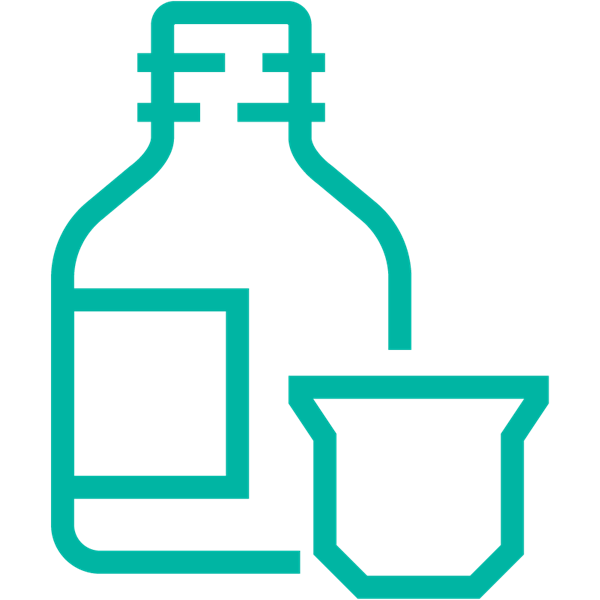
Ease of use
With its suspension form, it provides easy absorption.

Combined formulation
It has been formulated strategically with the components that target the condition.

Standardized
It has standardized contents. The amount of active ingredient in each dose is same.


